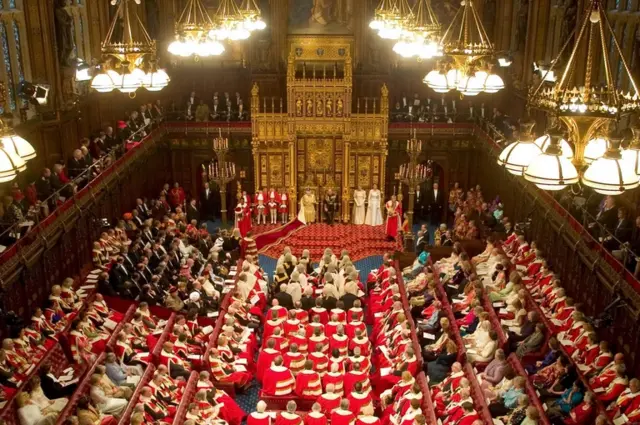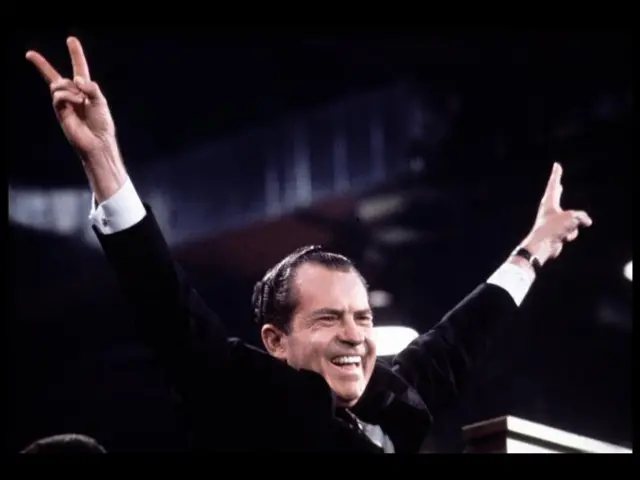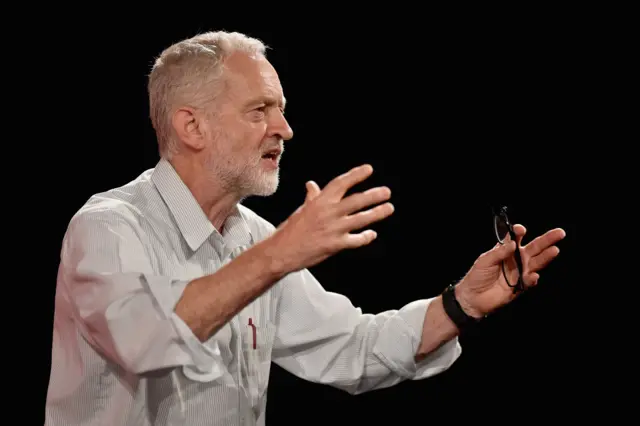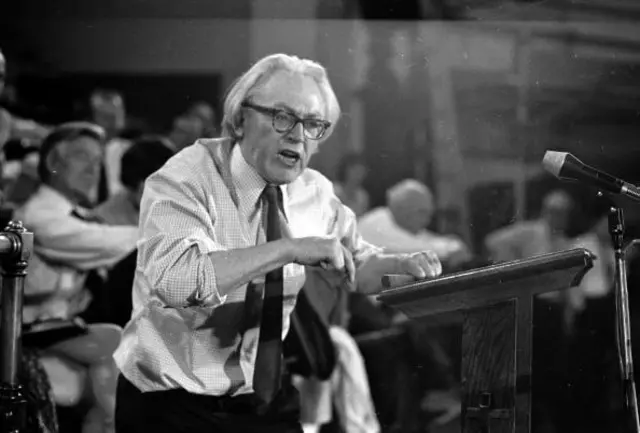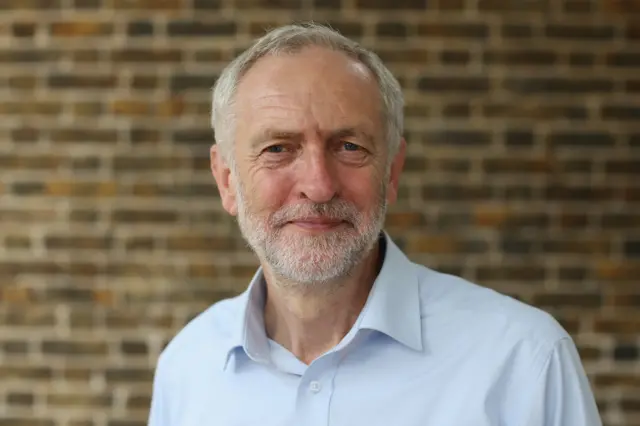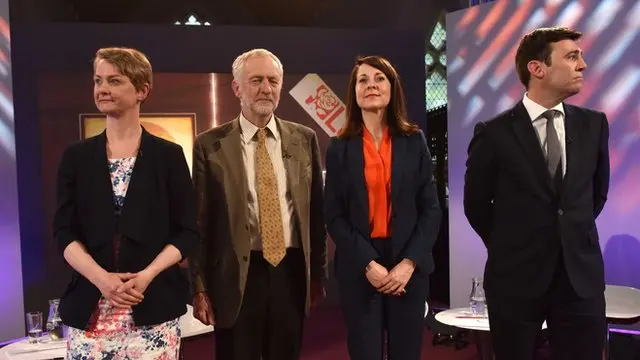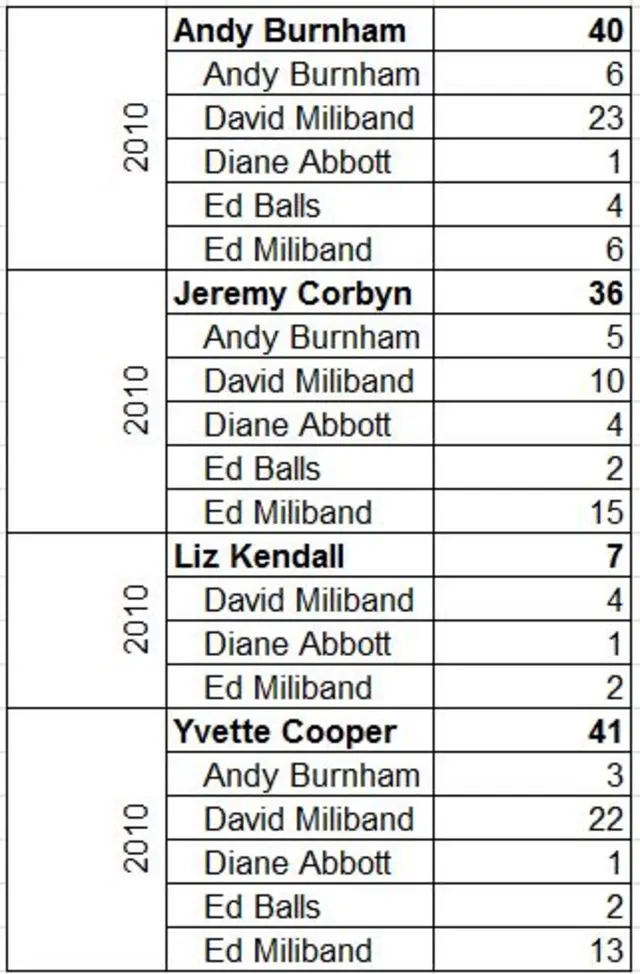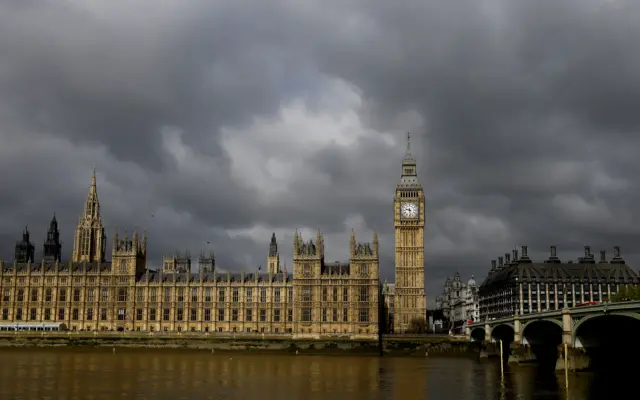On Newsnight tonight: Rafael Behr on the Corbyn phenomenonpublished at 17:01 BST 27 July 2015
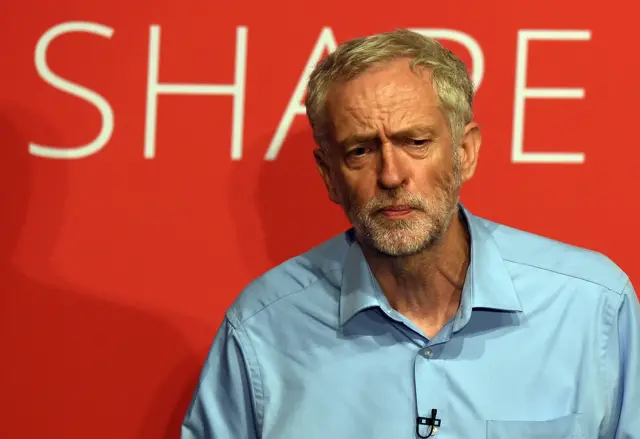 Image source, Getty
Image source, GettyWhen Jeremy Corbyn first declared his candidacy for the Labour leadership, most of his colleagues in parliament saw him as the token candidate of the perpetually rebellious left. He needed charitable nominations just to get on the ballot paper. The limit of his ambition was meant to be a respectable last place out of four.
None expected him to emerge as a serious contender - the front-runner according to one opinion poll. (Although who believes those, these days?) But something extraordinary is certainly happening on the British left. Corbyn seems to be harnessing great stores of pent up energy from a generation that rejects not just the politics of the New Labour era but the whole style and idiom of pragmatic, centrist compromise.
Activists forming this pro-Corbyn surge look to elements of the "Yes" campaign in last year's Socttish independence referendum and at anti-austerity parties in Greece and Spain - Syriza and Podemos. They look at the emergence of Bernie Sanders as a more radical left rival to Hilary Clinton for the Democratic party nomination ahead of US presidential elections. They see themselves as part of a global anti-austerity, anti-capitalist re-awakening. Thanks to new rules introduced under Ed Miliband, these Corbynites can buy a vote in Labour's leadership election for three pounds a time. With some help from large trade union campaign machinery the whole political complexion of the party seems to be shifting sharply left.
The other candidates are worried. MPs who still think general elections are won by appealing to swing voters are veering between despair and panic. On Newsnight tonight we take a look at the Corbyn phenomenon. We speak to his supporters and to one shadow cabinet minister who warns of the potential chaos in the parliamentary party that his victory would unleash. And we consider the question of whether Corbyn is really just the lucky beneficiary of a force that was ready to erupt before there was even a vacancy at the top of the party. Does the romantic idea that some Corbynites have of their candidate match the reality of the man himself?



